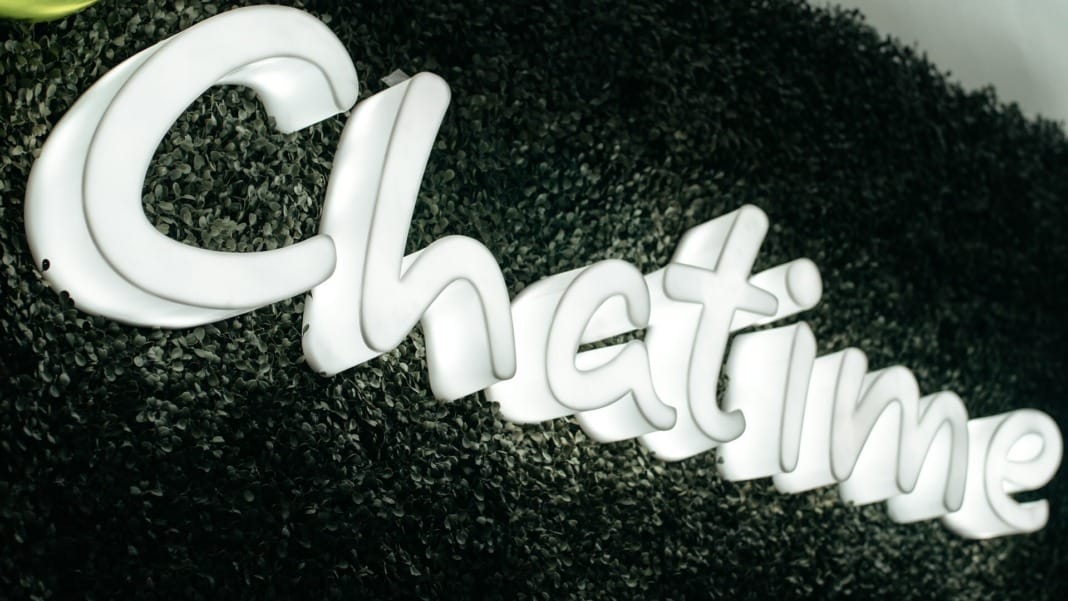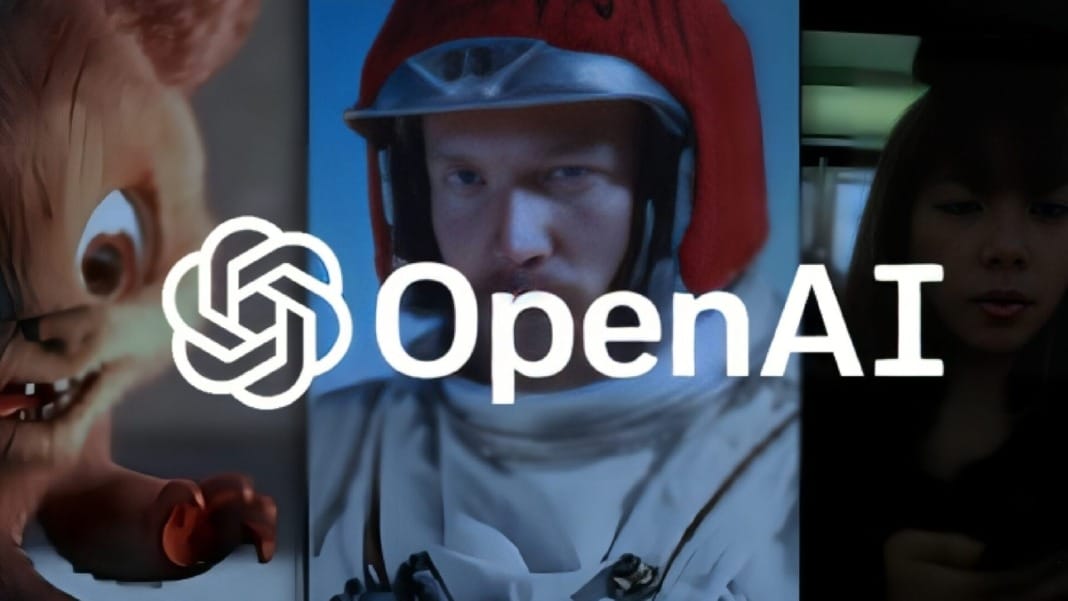Imagine a world where AI chatbots converse seamlessly and provide accurate and reliable information. Anthropic, a leading AI start-up, is bringing this vision closer to reality. On a recent Monday, the San Francisco-based company introduced three innovative AI models – Claude 3 Opus, Sonnet, and Haiku. Named after literary forms, these models vary in power and speed, with Opus being the most robust.
Enhanced capabilities and reduced errors
Developers now have access to Opus and Sonnet, while Haiku will be available in the coming weeks. These models are a part of the evolving landscape of chatbots, which increasingly resemble human conversation. Unlike earlier versions, these bots are powered by large language models trained on extensive online data, enabling them to generate text responses or even compose poetry.
However, a significant challenge has been the tendency of these bots to produce inaccurate information, often referred to as “hallucinations.” Anthropic’s president, Daniela Amodei, acknowledges the difficulty in eliminating these errors. Yet, the new Claude software models have been specifically designed to double the likelihood of correct responses and reduce the propensity for making things up.
A focus on safety and reliability
Founded in 2021 by former OpenAI employees, including Daniela Amodei and her brother Dario, Anthropic has quickly become a formidable competitor in the AI arena. Its focus on safe and responsible AI development, while occasionally limiting performance, has been a priority. For instance, previous Claude versions often decline harmless queries, mistaking them for problematic ones. The latest models have addressed this issue, making them less restrictive.
In an effort to enhance user trust, the new versions of Claude will soon start backing up their responses with citations from reference materials. This feature mainly benefits Anthropic’s business clients, including companies like DuckDuckGo and Lonely Planet.
Expanding capabilities without image generation
The new models also boast the ability to analyse images, a feature previously reported to be in development. This allows them to perform tasks such as identifying dog breeds in photos or describing artworks. However, unlike rivals such as OpenAI and Google, Anthropic has decided not to venture into image generation, as its customers haven’t seen significant demand for this feature.
In a unique Silicon Valley-style test, the company evaluated the new models’ text recall abilities using essays by Paul Graham, co-founder of Y Combinator. This approach reflects the industry’s broader trend towards more sophisticated training methods.
For those keen to experience these advancements, the mid-tier model, Sonnet, powers the publicly available Claude, while the more potent Opus is available to Claude Pro subscribers.
In a world where AI is increasingly intertwined with our daily lives, Anthropic’s latest advancements in chatbot technology are not just a leap in AI capabilities but also a stride towards more trustworthy and reliable digital interactions.





